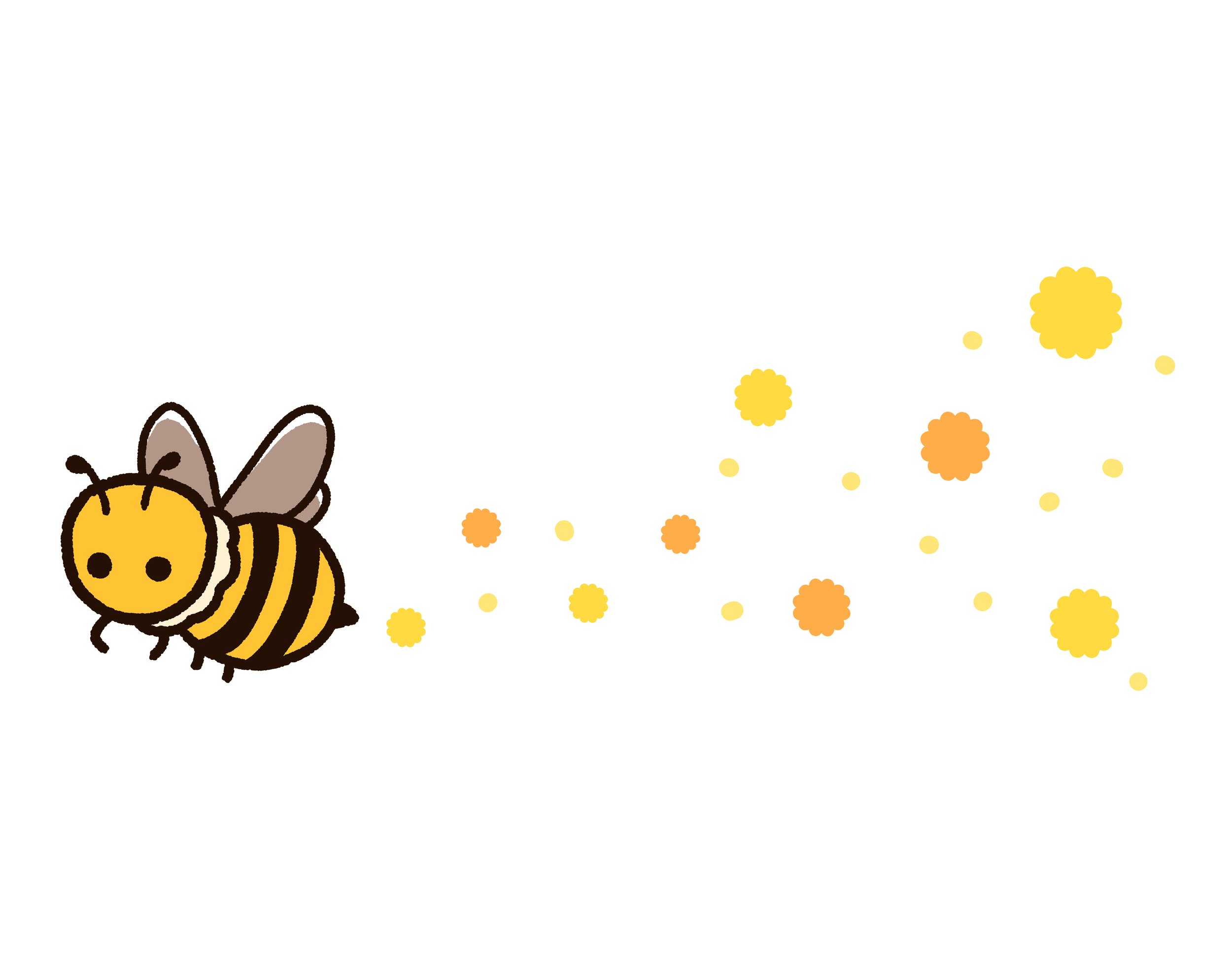Spring Survival Guide
Spring Survival Guide
“…55% of children with ASD and 67% of children with ADHD or a total of 28 of 47 (60%) children” displayed a change from their baseline behaviour.
Nasal pollen challenge produced significant neurobehavioral [changes] in these children. This[...]occurred in both allergic and non‐allergic children and was not associated with respiratory symptoms.”(1)
Does your body react to flower pollen, grass, trees?
Allergies, Hay Fever and other sensory hellscapes.
Our bodies release chemicals called histamines. Their main function is to respond when ‘foreign proteins’ enter your body. If you are allergic to these proteins, your immune system goes into overdrive to expel them by releasing histamines into your bloodstream.(2)
Seasonal allergy symptoms:
Allergic rhinitis: Hay Fever. When allergies cause blocked and runny noses, sneezing, itching and other nasal-related sensory hellscapes. (3) Some also experience eye soreness, and fatigue.
Atopic asthma: When allergens trigger, or exacerbate, asthmatic symptoms. (4)
Fatigue: Allergic responses can make you feel tired.
Histamines cause drowsiness.
Nasal congestion (like blocked nose, etc) reduces oxygen flow to your brain which causes fatigue, and;
It disturbs your sleep because they are just so uncomfortable.
What might help?
Know your enemy.
Make a note of the what, when and how:
What triggers your allergies? Does your body react to flower pollen, grass, trees?
When are your symptoms very bad? Are they worse in the morning, or in the evening?
How can you tell that the allergic response is impacting you? For autistic people, this might be harder to identify, due to the deficits of interoception. Notice when you’re feeling uncomfortable, and make a mental (or physical) note of what and when that is. Discuss this later with someone you trust. Together, you might be able to piece together the puzzle.
Avoid Triggers:
Once you’re aware of your allergy triggers, avoid them as much as possible. For example, if you struggle with the grass pollen in the evening, schedule your appointments for the morning and afternoon.
Of course, it’s impossible for many to arrange their lives around their allergies. Which makes this next point more important.
Anticipatory medication.
Arranging, and obtaining medication is not an easy feat for those of us with executive dysfunction. So, try and arrange allergy medication before your symptoms start.
Ask for a repeat prescription for prescribed medications. For over-the-counter remedies, try and keep a spare packet in your bag and at home for if you run out on-the-go. Set timers on your phone, to remind you to take your medication (and to make sure you don’t take too much.)
Self-advocacy.
You deserve to feel comfortable. While it can be hard, sometimes, to ask for support, let your colleagues, professors, teachers, friends and family know when your allergies are causing you distress. They need to know, so they can accommodate you.
(1) Marvin Boris & Allan Goldblatt (2004) Pollen Exposure as a Cause for the Deterioration of Neurobehavioral Function in Children with Autism and Attention Deficit Hyperactive Disorder: Nasal Pollen Challenge, Journal of Nutritional & Environmental Medicine, 14:1, 47-54, DOI: 10.1080/13590840410001695176
(2) https://my.clevelandclinic.org/health/articles/24854-histamine
(3) de Groot H, Brand PL, Fokkens WF, Berger MY. Allergic rhinoconjunctivitis in children. BMJ. 2007 Nov 10;335(7627):985-8. doi: 10.1136/bmj.39365.617905.BE. PMID: 17991980; PMCID: PMC2072026.
(4) https://www.asthmaandlung.org.uk/conditions/asthma/types-asthma#:~:text=Allergic%20asthma%2C%20sometimes%20called%20atopic,mite%20allergy%2C%20and%20other%20triggers.


